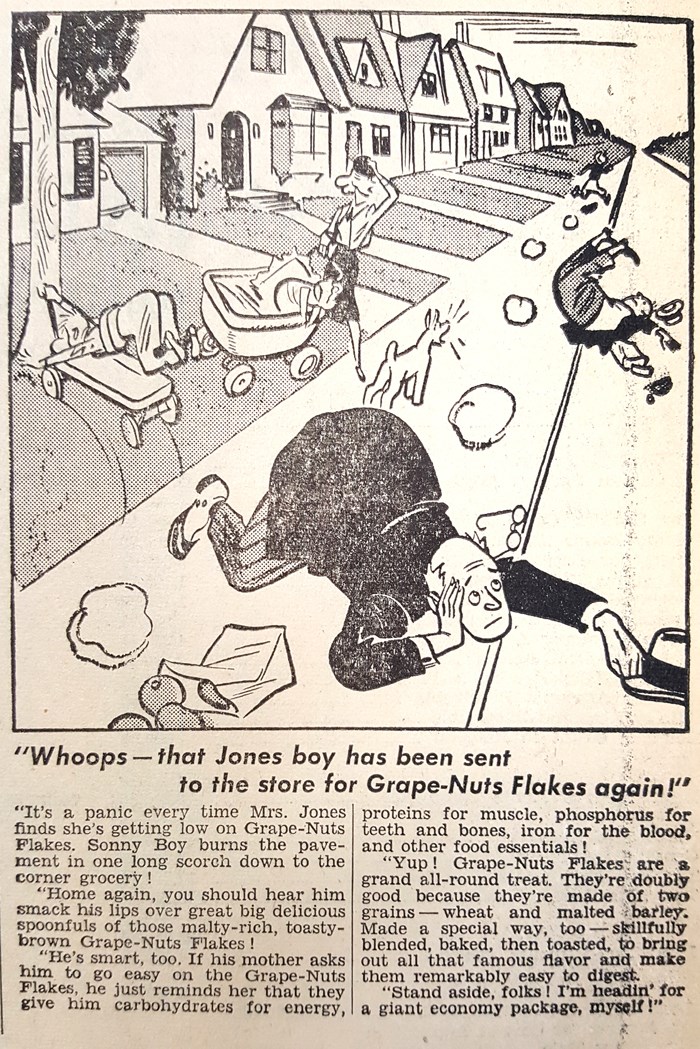On March 22 1945, Canada’s first universal welfare program came into effect.
Family Allowances, or “baby bonuses” as they quickly became known in the popular parlance, were posited as a means of providing horizontal equity between workers with families and those without and in recognition of the importance to society of raising a healthy next generation.
Families who registered their children would receive $5 for children under six, $6 for children six to nine, $7 for children 10 to 12 and $8 for children 13 to 15.
Then, as now, government payments to families were a political hot potato. Although the bill passed unanimously in the House of Commons, it was criticized for its universality. Critics felt it should be targeted to those with the greatest need, but the government of the day felt it would be too expensive to determine who needed the most assistance.
The payments were not taxable, but they were deductable. There was also considerable disagreement over that aspect of it as well.
Anybody who paid attention to the Canadian federal election in 2015 will no doubt find that familiar.
The baby bonus remained relatively unchanged between 1945 and 1973 with only one tiny incremental increase despite inflation.
Since then, there have been numerous iterations, bouncing between universal and targeted, taxable and non-taxable. At times cheques were replaced by tax credits.
The current Canada Child Benefit, introduced by the Liberal government as one of its first order of business after being elected, gives families monthly, non-taxable payments targeted to income. The maximum annual benefit is $6,400 for children under six and $5,400 for those six to 17.
This week in 1945, the Enterprise printed an ad “Published under the authority of Hon. Brooke Claxton, Minister, Department of National Health and Welfare Ottawa” encouraging families to register their children.
The big news on the front page March 22, 1945 was the local Kinsmen Club receiving its Charter.
At a dinner at the Yorkton Hotel March 16, J. D. Clare Thacker, a past national president of the Association of Kinsmen Clubs presented the charter to W. J. (Bill) Johnston.
There is so much I could say this evening on this, the charter night of your club; however, I think I will stay with two words—“merit” and “service,” Thacker said. “First there comes merit. Let me take you back 25 years ago last February 20 to a small group of young fellows gathered together in Hamilton, Ontario. Yes, gathered together for the first time, seeking not alone good fellowship and good times together, but primarily an outlet for the expression of their finer feelings of fellowship and service. Yes, there was merit there that evening, and tonight at your charter meeting there is merit here too, gather together as you are also to find expression for fellowship and service.”
Thacker described the growth of the organization from that first club in 1920 to the 138 represented by the addition of Yorkton. Today there are some 500 local organizations across the country.
Also published in the Enterprise that day was the audited financial statement of the City of Yorkton for 1943.
The City’s total assets and liabilities were $674,890.39.
Revenue and expenditures came to $125,999.97. The bulk of the revenue came from the tax levy, of course. The total levy for 1943 was $167,278.92 less $84,317.23 for schools and frontage leaving 82,961.69 for general purposes. The majority of the rest of the revenue, approximately $19,000, was from business licences and tax penalties.
The biggest expenditure was for health and sanitation at $14,040.73, followed by the fire brigade at $8,596.54.



